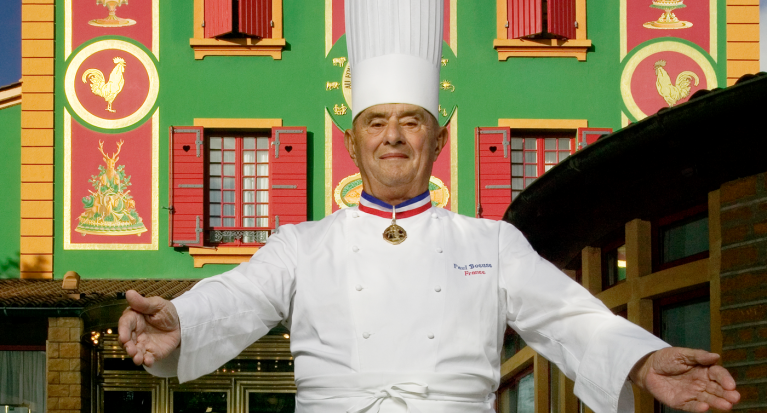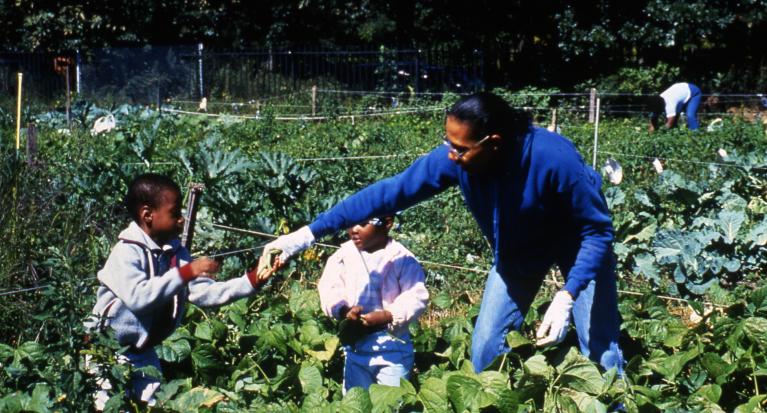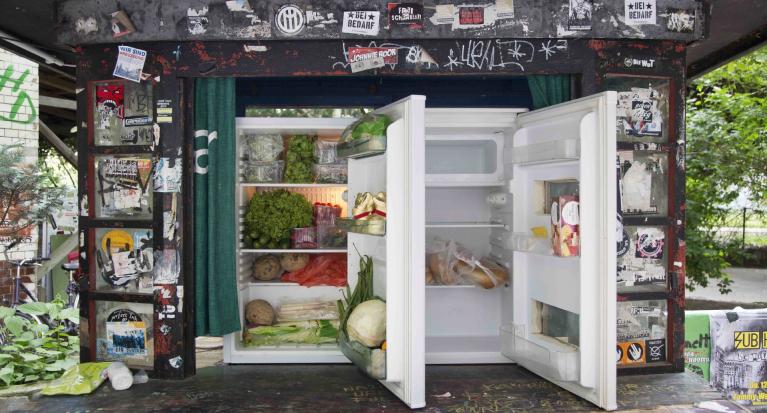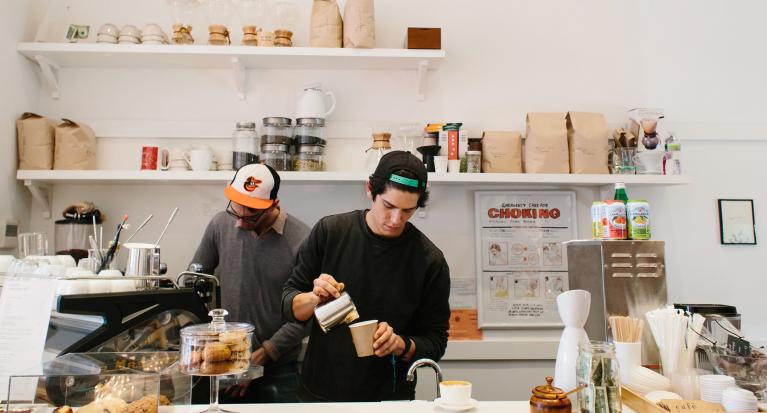Dal and chapati for everyone.
Streams of visitors at the Sikhs’ soup kitchen
There are soup kitchens all across the world providing meals for the needy. The one in Gurudwara Bangla Sahib is typical of many and run by the Sikh religious community. Everyone can eat here for free, regardless of gender, race, caste or social status.
Gurudwara Bangla Sahib – a magnificent structure crowned by a golden dome – is the most famous Sikh temple in Delhi. The entrance to the kitchen is located in the left wing of the main building. It is here that I find Mr Sevadaar, the head chef, and Mr Harjee, one of the temple’s managers, waiting for me. We’d made arrangements to meet via Facebook.
When you enter the temple’s kitchen, or langar, for the first time, you’re overwhelmed by the sheer size of the room, and the array of pots and pans. It’s filled with the smells of food and the din of music. Although dozens of people work here – most of them volunteers – there’s not a trace of chaos.
Andreas Kohli spoke with Mr Harjee and Mr Sevadaar
Mr Harjee, when were meals first served for free?
The founder of the Sikh religion established the first community kitchen for the needy in 1483. Everyone was welcome – there was no discrimination. All the Sikh temples in the world have one.
Mr Sevadaar, do you serve lunch and dinner?
We serve breakfast, lunch and dinner. The first meal is served at four in the morning.
How is the kitchen funded, Mr Harjee?
Money for the kitchen comes exclusively from donations. In our religion, people are required to donate ten per cent of their earnings to the needy. Most of the workers in the kitchen are volunteers. They come to help us for a few days.
And what types of food do you offer, Mr Sevadaar?
Every day we serve various seasonal vegetables with dal and chapati. On special days we offer a large selection of other foods. We serve only vegetarian meals – not because Sikhs are vegetarians, but because we don’t want to exclude anyone.
“Once you’ve had your daily meal,” one Indian said, “you can relax: now you’ll survive.” For many guests, food from the langar is probably not about survival. They come because they are members of the Sikh religious community. But in a rapidly growing city with more than 20 million inhabitants, the meals served by the Sikh community are a valuable free source of nourishment for everyone.
DOSSIER Food as a Status Symbol |







